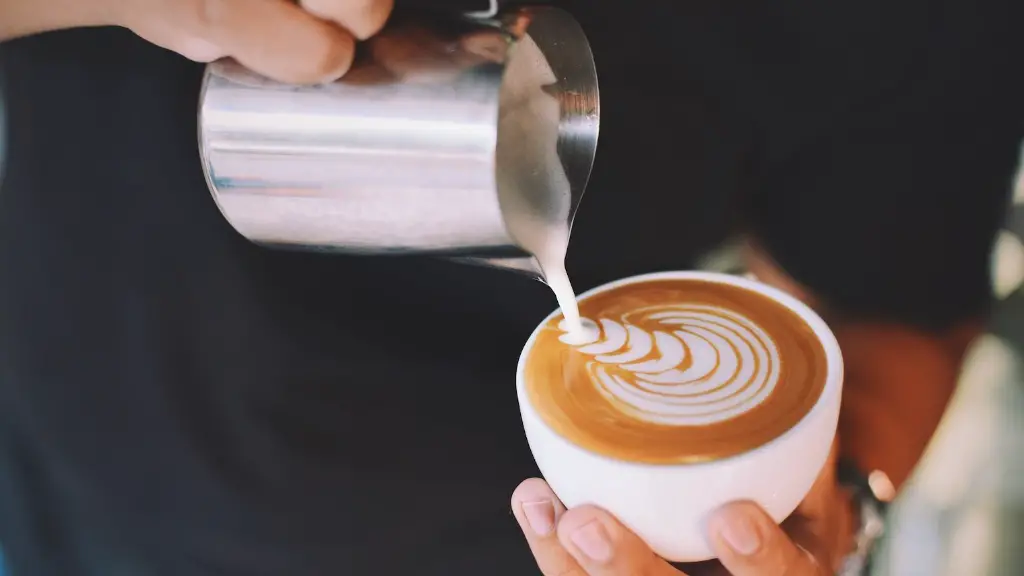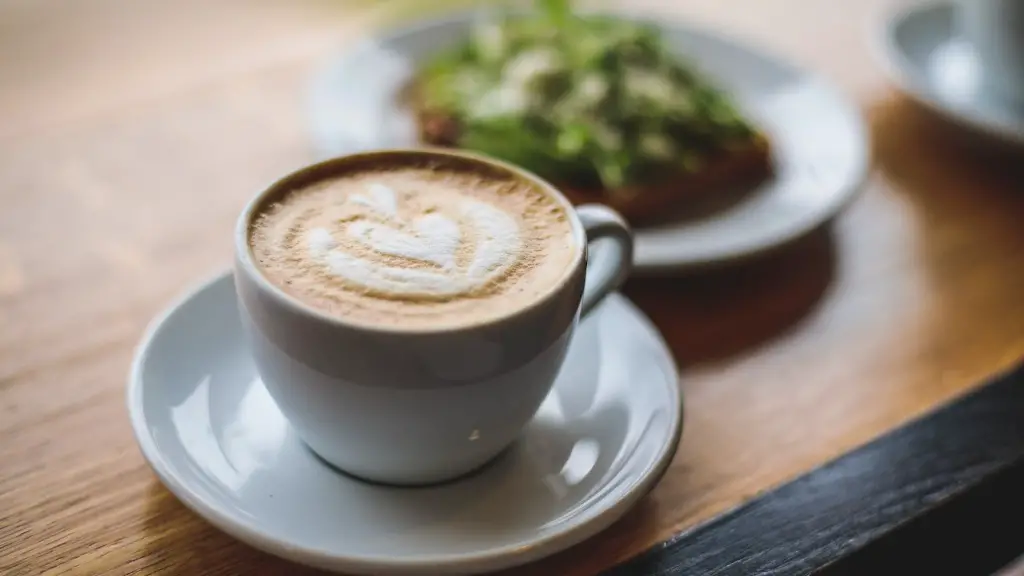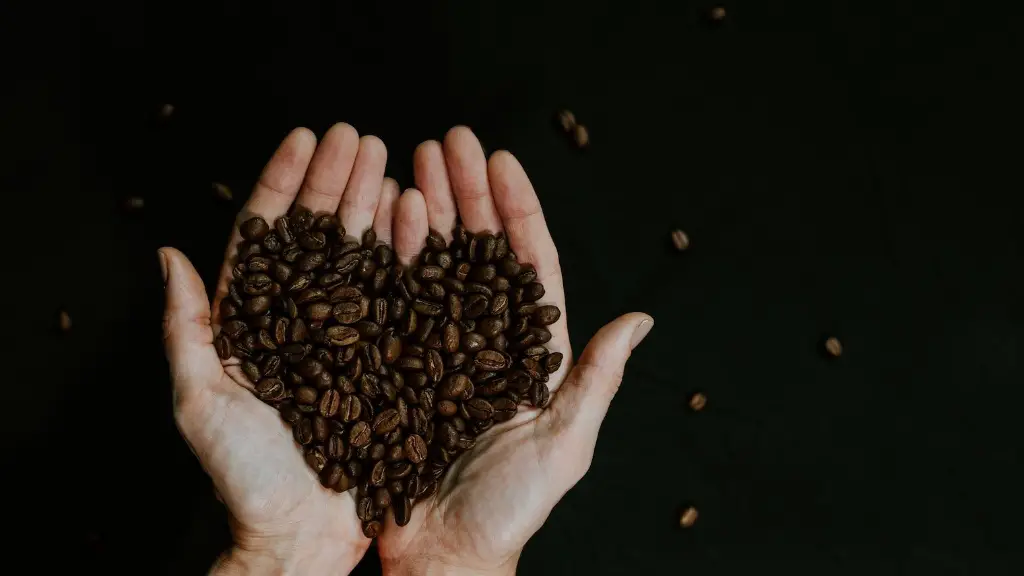Fasting is a popular lifestyle practice that typically involves abstaining from food or eating a limited diet for anywhere from a few hours to a few days. For those who practice fasting, one common question is: Can I drink coffee while fasting? It is a good question to consider given that coffee can contain calories, and it may be tempting to get a bit of energy from a cup of coffee while fasting.
Coffee is full of beneficial antioxidants and polyphenols that can be beneficial to your health, as well as being low in calories if you take it without any added sugar. Research has found that coffee consumption can lead to reduced metabolic stress and improved brain function, as well as reduced inflammation and better muscle recovery.
That said, drinking coffee while fasting can potentially interfere with the body’s ability to enter a fasted state. Caffeine can stimulate the body and cause a surge of energy, which can trigger hunger. Drinking coffee while fasting can also disrupt the digestive process and reduce the body’s ability to access stored fat for energy.
When it comes to deciding whether or not to drink coffee while fasting, the answer ultimately comes down to personal preference. Some people find that coffee helps them to stay focused and energized throughout the day, while others may find that it disrupts their hunger cues and ability to stay in a fasted state.
If you do decide to drink coffee while fasting, it is best to have it in its purest form – black or with a dash of cream, so as not to add extra calories. Additionally, it is important to be mindful of how much coffee you are drinking and to avoid overdoing it. Too much caffeine can lead to sleep disruptions, increased heart rate, and increased anxiety.
Overall, drinking coffee while fasting can be an individual decision and may offer some health benefits, but it should be done in moderation and without any added sugar.
Nutrition Research Around Coffee Drinking While Fasting
There has been some research into the health benefits of coffee when consumed while fasting. According to studies, caffeine can reduce appetite hormones, increase metabolic rate, and increase fatty acid oxidation during fasting periods. This suggests that coffee during a fast can increase fat burning and decrease hunger.
Coffee also contains powerful antioxidants that can offer nutrition and protection for cells and tissues. According to a study, people who consumed coffee during fasting periods experienced reduced inflammation and improved blood glucose levels. They also had significant improvements in their antioxidant levels.
These findings suggest that coffee can be beneficial to consume while fasting, and can offer some protective effects. However, it is important to note that while these studies have provided some evidence of health benefits, more research is needed to fully understand how coffee affects the body while fasting.
Side Effects of Excessive Coffee Drinking While Fasting
One of the main concerns associated with caffeine and fasting is that it can potentially disrupt the fasted state. The body needs to enter a fasted state to access stored fat for energy and to begin the process of autophagy, which is the process of cellular repair and regeneration.
Too much caffeine can congest the body’s energy pathways and create a sense of alertness and energy that can prevent the body from fully entering a fasted state. Additionally, too much caffeine can increase anxiety, heart rate, and can lead to disturbances in sleep.
It is important to be mindful of your caffeine intake during a fast and to avoid overdoing it. If you do decide to consume caffeine while fasting, it is best to limit it to one cup per day and to avoid any added sugar.
Alternatives to Coffee While Fasting
If you are looking for a way to get an energy boost while fasting, there are some alternatives to coffee that could be beneficial. Herbal teas are a great option as they can provide hydration without the potential side effects of caffeine. Additionally, green tea contains polyphenols, amino acids, and caffeine that can provide some energy and focus.
In terms of food, there are some snacks that are allowed during a fast. For example, nut butters, low-sugar fruits, and low-carb vegetables are all good options. These foods can provide some energy, as well as nutrients, and can help to keep you feeling full while you are fasting.
Overall, there are many alternatives to coffee that can provide energy while fasting. It is important to be mindful of your caffeine intake and to avoid overdoing it. Additionally, there are many healthy snacks that can be eaten while fasting that can help to provide nutrition and energy.
Eating Habits and Coffee Drinking While Fasting
In addition to considering the potential benefits and side effects of drinking coffee while fasting, it is also important to think about your overall eating habits. Eating healthy, balanced meals can help to provide energy, nutrition, and satiety during fasting periods. Eating a variety of nutrient-dense foods can help to support the body’s natural processes, such as digestion and cellular repair.
It is also important to stay hydrated while fasting. Water is essential for many metabolic processes and is necessary for the absorption of nutrients. Adequate hydration can also help to reduce hunger and support the body’s detoxification processes.
Overall, it is important to think about your overall eating habits and hydration while fasting. Eating healthy, nutrient-dense foods and staying hydrated can help to support the body’s natural processes and can reduce the need for an energy boost from coffee.
Conclusion
Deciding whether or not to drink coffee while fasting is ultimately an individual decision. Coffee can provide some beneficial antioxidants and polyphenols, as well as reduce inflammation and improve blood sugar levels. However, too much coffee while fasting can potentially disrupt the body’s ability to enter a fasted state and can interfere with hunger cues. If you do choose to drink coffee while fasting, it is important to do so in moderation and to avoid added sugar. Additionally, it is important to think about your overall eating habits and hydration while fasting, as eating healthy, nutrient-dense foods can help to provide energy and support the body’s natural processes.




